Programs
We bring together expertise from virtually every field that touches on human performance to deepen our understanding and share new knowledge.
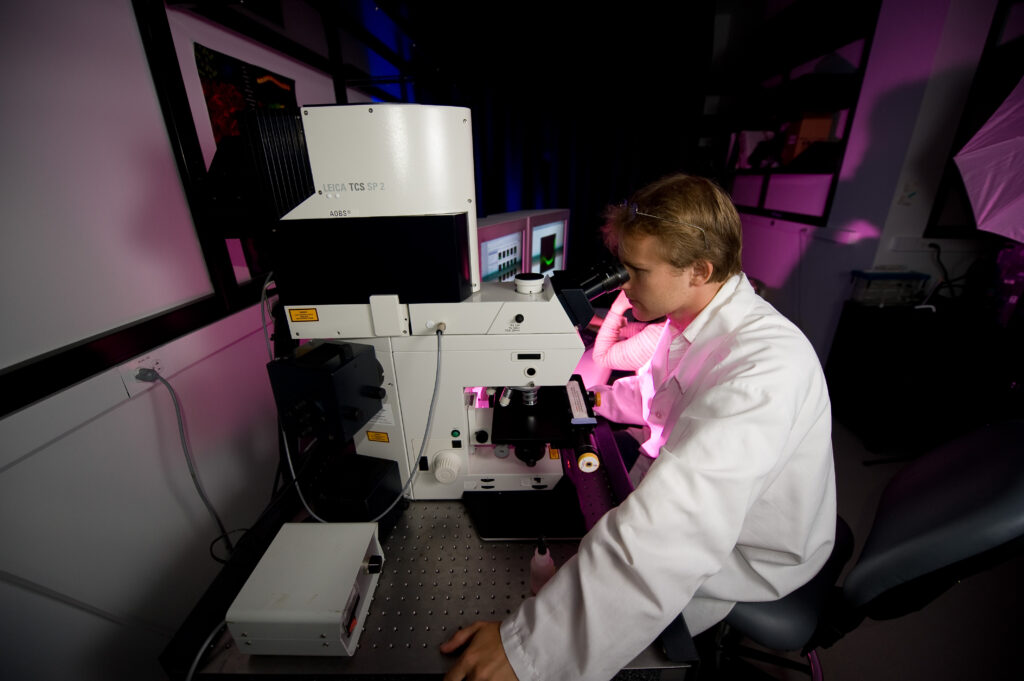


An interdisciplinary, agile approach enabling optimal performance for all
The Human Performance Alliance at Stanford weaves together scientific programs to accelerate high-impact advances in human performance: agility projects, a human performance lab, a female athlete research program, and moonshot research projects. These programs bring together individuals from across campus to discover and apply the fundamentals of peak performance to human health and well-being.
Our research efforts will lead to broader societal impact through education, communication, and partnerships programs. These programs are enabling us to develop a new generation of research leaders and collaborate with the community in designing our research studies and sharing our research outcomes.
Human Performance Lab
The Human Performance Laboratory (HPL) is a collaborative hub for excellence in health science, providing a unique link between Stanford’s Athletics program, the School of Medicine, and various academic departments across Stanford. It serves as an accelerator, providing shared research resources to advance studies of human performance.
Based in the Arrillaga Sports and Recreation Center, the laboratory is equipped with state-of-the-art technology, including a 27-camera Motion Analysis motion capture system, three Bertec in-ground force plates, a Bertec high-speed split-belt instrumented treadmill, Cosmed K5 portable metabolic system for measuring the energetics of motion, a Humac Norm isokinetic dynamometer for measuring joint torque, an Alter-G anti-gravity treadmill for rehabilitation and training, 16 Delsys Avanti Trigno EMGs for measuring muscle response to electrical activity, and multiple brands of IMUs (Vicon, YOST, and XSENS) for measuring linear acceleration, angular velocity, and magnetic field strength.
HPL staff provide specialized expertise in biomechanical analysis, musculoskeletal modeling, machine learning, and data science. They are conducting cutting-edge research on the use of wearable sensors and other digital technologies to optimize athlete performance and health.
Learn more about the Human Performance Lab
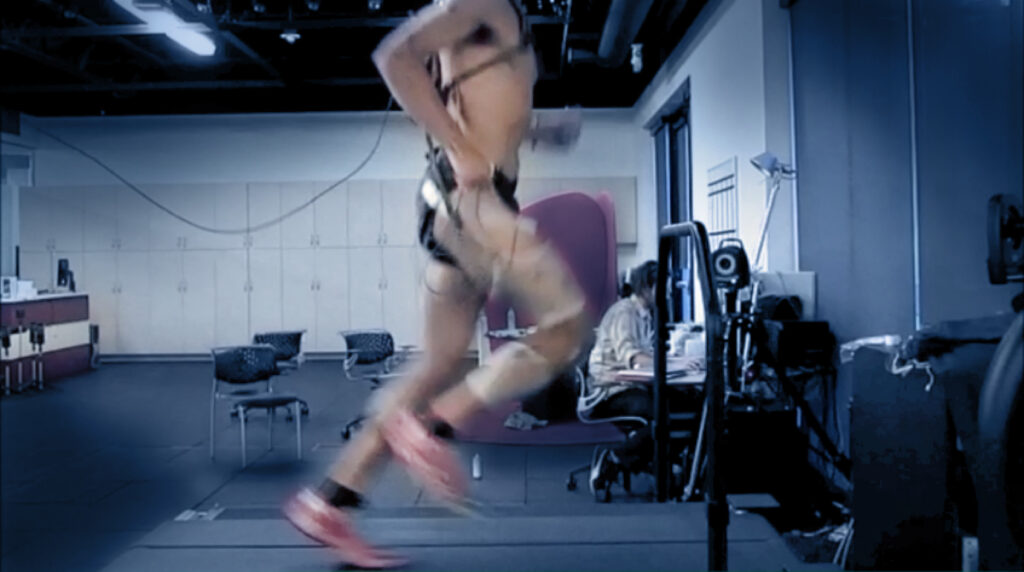
Female Athlete Research
The Stanford Female Athlete Science and Translational Research (FASTR) Program, in collaboration with the Female Athlete Program @ Boston Children’s Hospital, is addressing the gender gap still present in human performance research today. With an emphasis on the early identification of and interventions to prevent the Female Athlete Triad and Relative Energy Deficiency in Sport, FASTR is innovating ways to improve the health of girls and women of all abilities through athletic participation and performance. The FASTR vision also involves translation of this cutting-edge information and research to athletes, coaches, and practitioners in the community.
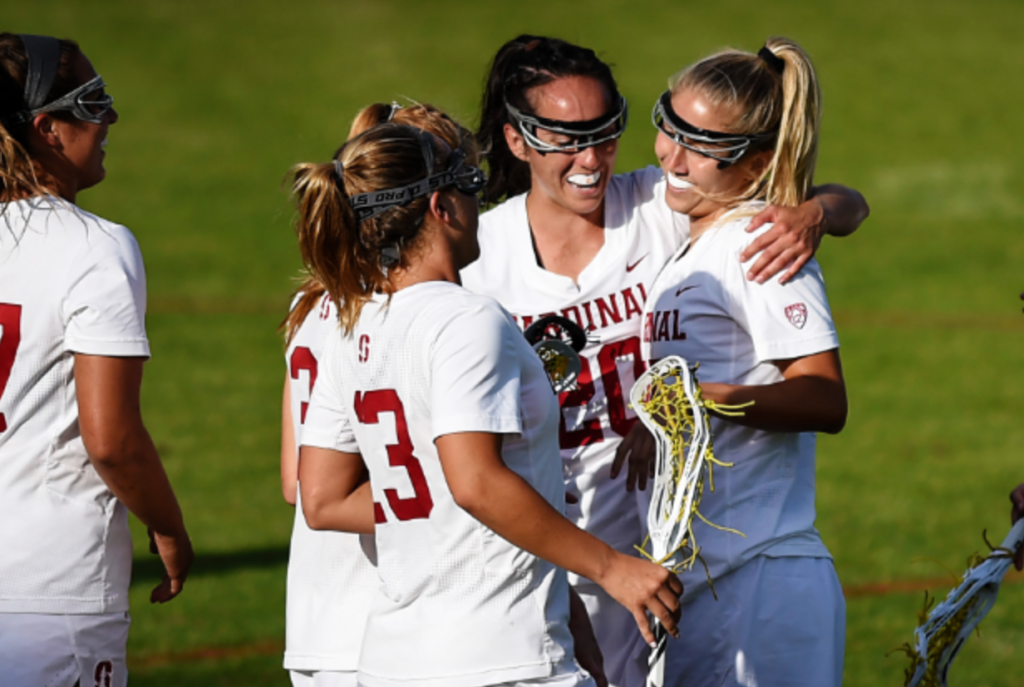
Moonshots
The network of institutions that make up the Wu Tsai Human Performance Alliance is exploring four scientific moonshots:
- The Digital Athlete
- Regenerative Rehabilitation
- The Molecular Athlete
- The Multiscale Athlete
The Alliance at Stanford leads the Digital Athlete moonshot, which is creating a platform to synthesize and integrate biological data and principles with extensive data from individuals to predict performance and, more broadly, to optimize health. The other moonshots are based at our Alliance partners’ institutions. We are integrating our research efforts with theirs to collectively advance the goals of these other moonshots.
For more information on each of the moonshots, visit the Human Performance Alliance network website.


We welcome insights from every field that touches on human performance wherever they might arise—from psychology and biochemistry, stretching all the way to the humanities—and will pull all these facets together under one umbrella to achieve our ultimate goal of improving health for all people.
Scott L. Delp, PhD
James H. Clark Professor of Bioengineering and Mechanical Engineering

Agility Projects
Seed grants fund early-stage research to advance the mission of the Alliance
Agility projects are an opportunity for teams of researchers, physician-scientists, students —anyone with an interest in improving human performance—to engage with the Alliance at Stanford. These early-stage exploratory projects support and expand the Alliance’s scientific program.
Agility projects provide up to two years of funding for research teams from across the university. Proposals may request up to $100,000 per year. Applicants must be faculty affiliates of the Wu Tsai Human Performance Alliance at Stanford.

Education
Training the next generation of researchers to advance the science of human performance
The Human Performance Alliance at Stanford provides fellowships, courses, cross-disciplinary research experiences, and other opportunities for everyone–postdoctoral scholars, clinician-scientists, and graduate and undergraduate students–to broaden their knowledge and engage in the field of human performance.
Our programs reflect the interdisciplinary nature of the research, bringing together individuals from various disciplines including sports medicine, psychology, neuroscience, computer science, orthopedics, radiology, genetics, bioengineering, and many other fields. The cross-fertilization of techniques and introduction to new ways of thinking lay a foundation for trainees to transform human performance science.
Wu Tsai Scholars in Human Performance
The Wu Tsai Scholars in Human Performance is an integrated core training program at Stanford centered on interdisciplinary research experiences and the sharing and acquisition of knowledge through formal coursework. Each year we recruit and fund fellowships to scholars from diverse disciplines across the university.
Through the Alliance’s programs, scholars acquire knowledge from the multiple academic disciplines needed to accelerate our understanding of human performance. Trainees will also develop design-thinking skills and build connections for fruitful collaborations, resulting in a new generation of leaders to extend the Alliance’s impact on human performance and health
Learn more about Undergraduate Research Program

Courses in Human Performance
One way to build a strong foundation in human performance is to take a course. Learn from experts in any of the many Stanford classes related to human performance and physiology. There are courses at multiple levels from introductory seminars to lower and upper division classes spanning medicine, science, and engineering.
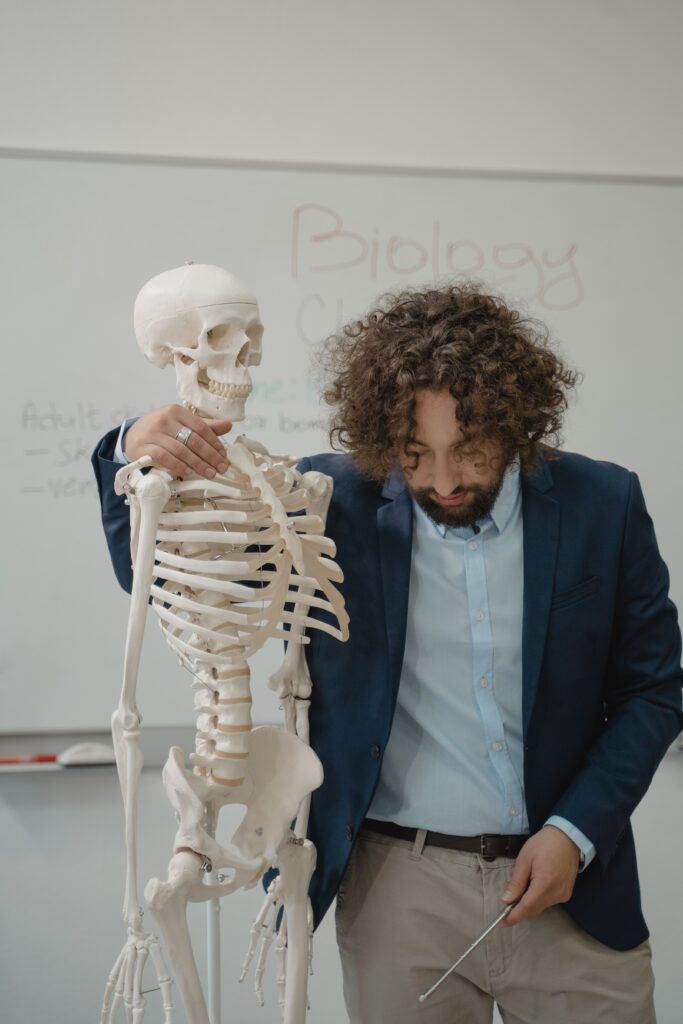
Researcher in Residence Program
The Researcher in Residence program provides the opportunity for researchers or professional sports practitioners to be in residence at Stanford and the other Alliance institutions for a three- to nine-month period. The program encourages rapid innovation cycles and highly productive collaboration across the Human Performance Alliance and with key stakeholders.
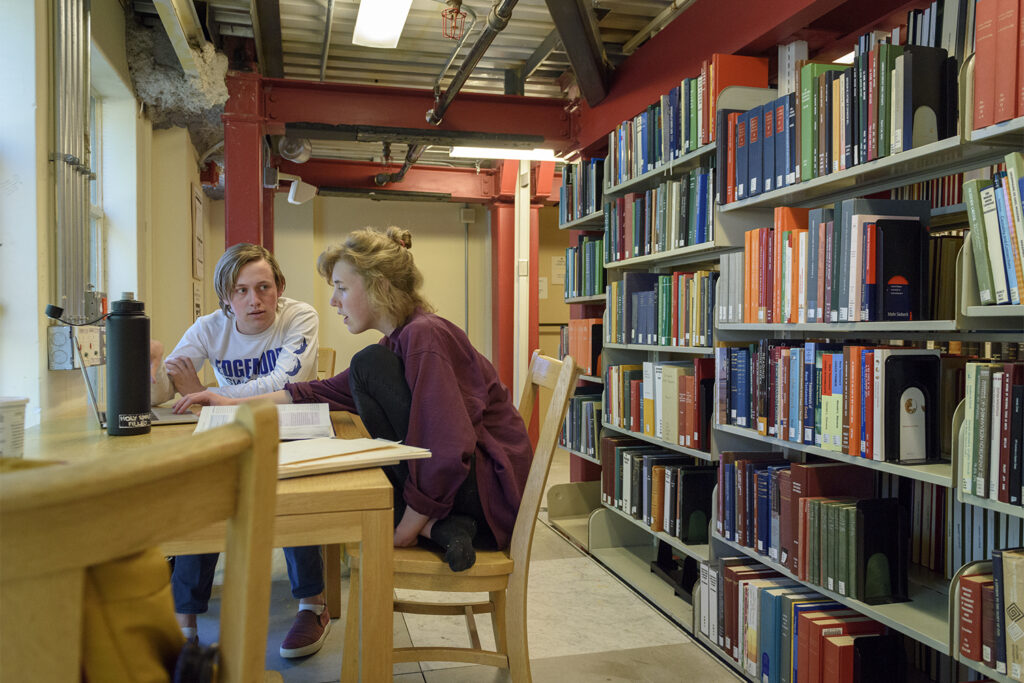

Partnerships & Communications
Driving transformative societal impact through broad outreach and partnerships with key stakeholders
To engage a broad set of audiences, the Alliance is sharing scientifically validated information through a multi-faceted communications program that includes symposia, podcasts, and other media and events with audiences worldwide. This allows all people to turn the Alliance’s scientific discoveries into actionable strategies for training, performance, and injury recovery—enabling and inspiring individuals to optimize their health throughout their lives.
Our partnerships enable us to broaden our impact. They allow scientists to identify key, real-world needs from athletes, coaches, and sports medicine professionals. From there, we can discover new possibilities for research, increase reach, speed translation of scientific discoveries, and improve athlete training, performance and health. Working with partners with similar goals allows us to expand our strengths and reach a greater number of individuals.
Images courtesy Neuromuscular Biomechanics Lab and Linda A. Cicero, Stanford University.
Get Engaged
We invite faculty, students, staff, alumni, friends, and external organizations to participate in the Wu Tsai Human Performance Alliance at Stanford.

